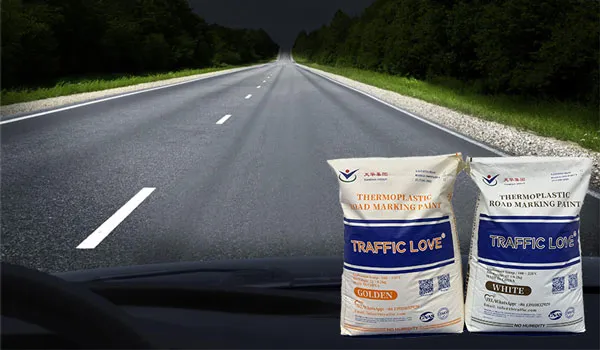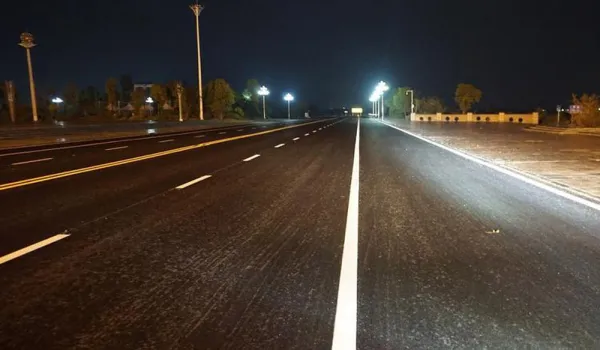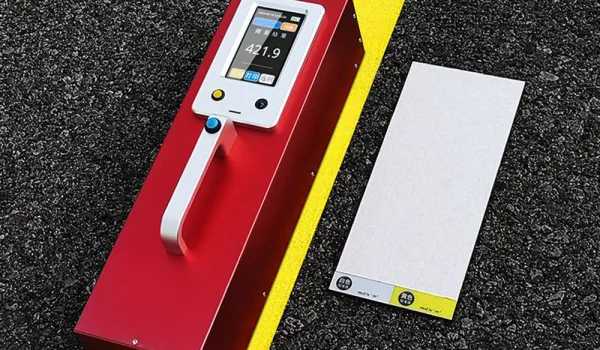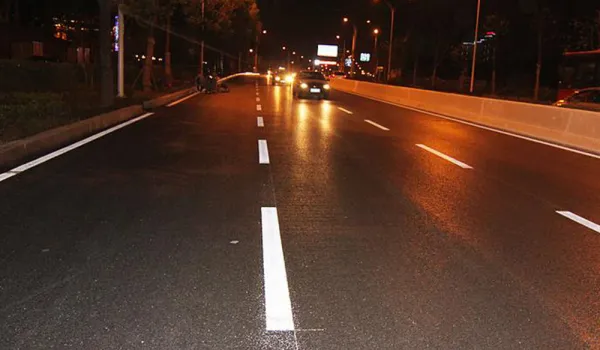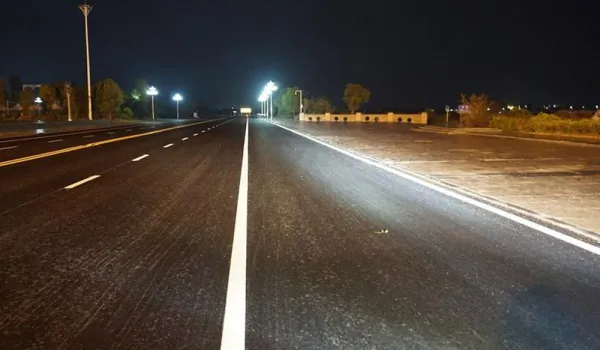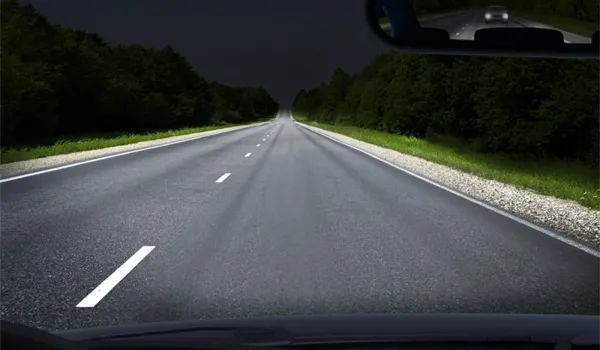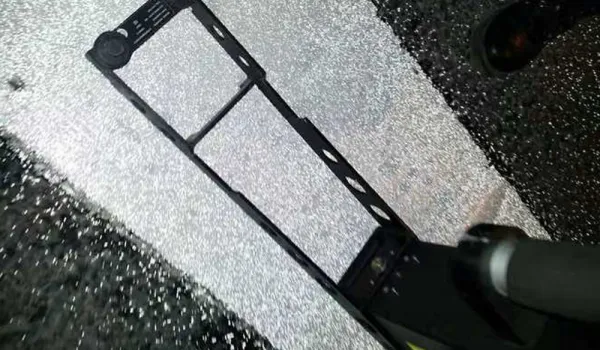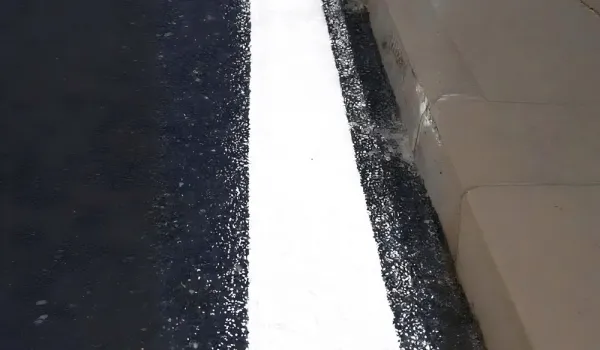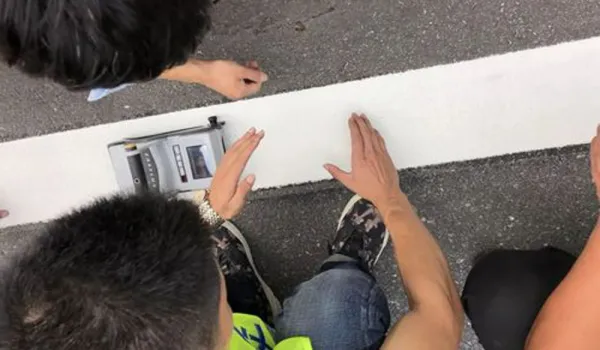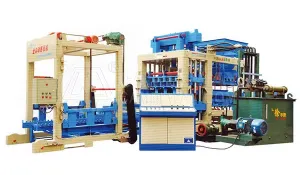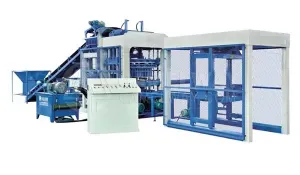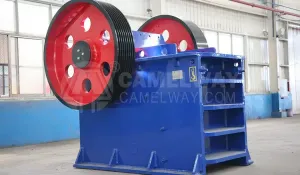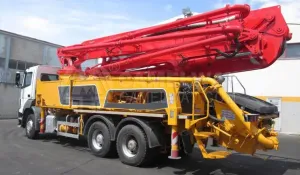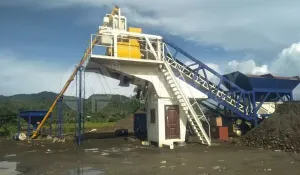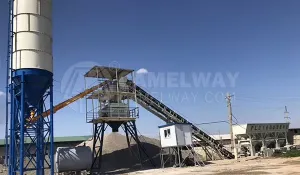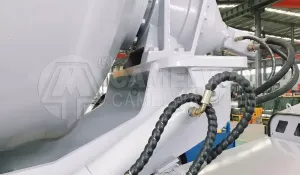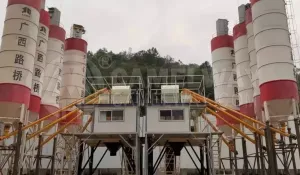Reflective thermoplastic road marking paint is a premium hot-melt material widely used in road safety applications including highways, airports, and city intersections. It is formulated with thermoplastic resin, titanium dioxide, fillers, and glass beads that provide long-lasting visibility under headlights, especially during night driving or in wet weather conditions.
Technical Standards: BS 3262 & AASHTO M249 Compliance
This material complies with BS 3262 (British Standard) and AASHTO M249 (American Standard), ensuring consistency in softening point, retroreflectivity, abrasion resistance, and color stability. These standards define the chemical composition, application temperature (typically 180–210°C), and minimum retroreflection requirements to guarantee road user safety.
Key Advantages
- High retroreflectivity with durable glass bead embedding
- Excellent adhesion to asphalt and concrete surfaces
- Quick drying and strong wear resistance suitable for heavy traffic
- UV-resistant and weatherproof formulation, ideal for African climates
- Available in white, yellow, and customized reflective colors
Factory Supply & Price
As a thermoplastic road marking paint manufacturer and exporter, CAMELWAY provides direct factory prices and international logistics support. Our production strictly follows ISO and SGS-certified quality management systems. Pricing depends on resin purity, pigment ratio, and retroreflective bead type, typically ranging from $350–$950 per ton (FOB China Port).
Application Fields
Reflective thermoplastic paint is used for highway centerlines, pedestrian crossings, airport runways, parking lots, and municipal roads. It can be applied using both screed and extrusion road marking machines, ensuring uniform thickness and bead distribution.
Global Export & Local Partnerships
CAMELWAY seeks long-term distributors and project partners in South Africa and other African countries. We support flexible credit terms — “ship first, pay later” — and welcome joint-venture factory cooperation where we provide equipment, funds, and raw materials, and partners contribute local channels or government connections.
Why Choose CAMELWAY
- Over 15 years of manufacturing experience in thermoplastic materials
- Certified according to BS 3262 and AASHTO M249 standards
- Customized reflective performance for different climates and road types
- Factory-direct supply with stable cost and consistent quality
- OEM services including packaging, formulation, and labeling
Frequently Asked Questions (FAQ)
1. What makes reflective thermoplastic road marking paint different from normal thermoplastic paint?
Reflective thermoplastic paint contains a high concentration of glass beads and optical-grade pigments that reflect light from vehicle headlights back to the driver. This retroreflective feature enhances night visibility and road safety. Normal thermoplastic paint focuses on color visibility but lacks strong reflectivity under low-light conditions.
2. How long does reflective thermoplastic paint last on roads?
On highways and well-maintained roads, the lifespan is typically 3–5 years, depending on traffic intensity and climate. CAMELWAY’s UV- and abrasion-resistant formulations extend service life by 20–30% compared to regular paints.
3. Does CAMELWAY paint comply with international standards?
Yes. Our products are certified to both BS 3262 (UK) and AASHTO M249 (USA) standards. They also meet EN 1436 retroreflectivity and skid resistance standards, ensuring full compliance for government and infrastructure tenders.
4. What factors influence the factory price of reflective thermoplastic paint?
Price is affected by binder purity, titanium dioxide grade, and glass bead type. Bulk orders receive lower FOB pricing—typically between $850–$1,150 per ton. Customized reflective grades or high-bead-density formulations may cost slightly higher.
5. Can CAMELWAY provide OEM or private-label service?
Absolutely. We offer full OEM customization including color, packaging, labeling, and formulation adjustments. Our engineers can match your country's standard requirements or climate conditions to ensure optimal performance.
6. What is the recommended application method for reflective thermoplastic paint?
The material should be applied using a pre-heater and thermoplastic road marking machine at 180–200°C. For reflective performance, glass beads should be dropped onto the hot surface immediately after extrusion or screeding.
7. Does CAMELWAY support local partnerships in South Africa?
Yes, we are actively looking for distributors and joint-venture partners in South Africa. We offer flexible credit terms (“ship first, pay later”) and provide investment, equipment, and technical training for local production setup.
8. What packaging options are available?
Standard packaging is 25kg per bag (moisture-proof), loaded on export pallets. Customized packaging (20kg, 30kg, or OEM-printed bags) is available upon request.

